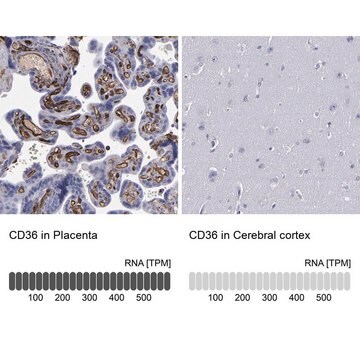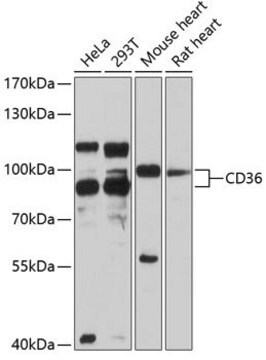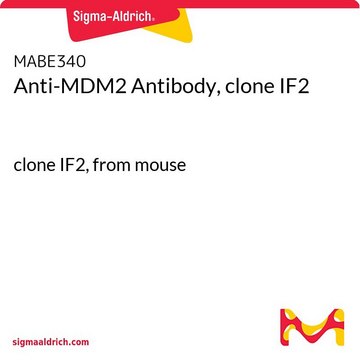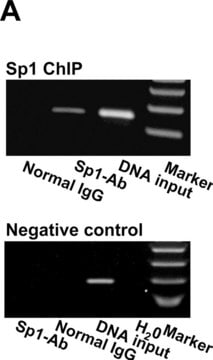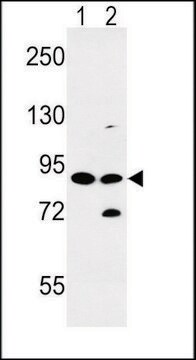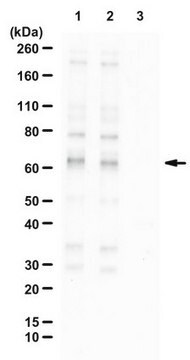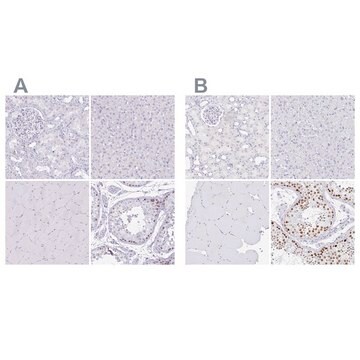MABF956
Anti-Mouse CD36 Antibody, Clone 63
clone 63, from mouse
Synonim(y):
Glycoprotein IIIb, GPIIIB, PAS IV, PAS-4, Platelet glycoprotein IV, GPIV, CD antigen CD36
About This Item
Polecane produkty
pochodzenie biologiczne
mouse
Poziom jakości
forma przeciwciała
purified immunoglobulin
rodzaj przeciwciała
primary antibodies
klon
63, monoclonal
reaktywność gatunkowa
mouse, rat
metody
flow cytometry: suitable
inhibition assay: suitable
izotyp
IgAκ
numer dostępu NCBI
numer dostępu UniProt
Warunki transportu
ambient
docelowa modyfikacja potranslacyjna
unmodified
informacje o genach
mouse ... Cd36 (12491)
Opis ogólny
Specyficzność
Immunogen
Zastosowanie
Inhibition Analysis: A representative lot detected Mouse CD36 in Inhibition applications (Patel, S.N., et. al. (2004). J Infect Dis. 189(2):204-13).
Jakość
Flow Cytometry Analysis: 1 µg of this antibody detected CD36 in one million RAW264.7 cells.
Opis wartości docelowych
Postać fizyczna
Inne uwagi
Nie możesz znaleźć właściwego produktu?
Wypróbuj nasz Narzędzie selektora produktów.
Kod klasy składowania
12 - Non Combustible Liquids
Klasa zagrożenia wodnego (WGK)
WGK 2
Temperatura zapłonu (°F)
Not applicable
Temperatura zapłonu (°C)
Not applicable
Certyfikaty analizy (CoA)
Poszukaj Certyfikaty analizy (CoA), wpisując numer partii/serii produktów. Numery serii i partii można znaleźć na etykiecie produktu po słowach „seria” lub „partia”.
Masz już ten produkt?
Dokumenty związane z niedawno zakupionymi produktami zostały zamieszczone w Bibliotece dokumentów.
Nasz zespół naukowców ma doświadczenie we wszystkich obszarach badań, w tym w naukach przyrodniczych, materiałoznawstwie, syntezie chemicznej, chromatografii, analityce i wielu innych dziedzinach.
Skontaktuj się z zespołem ds. pomocy technicznej